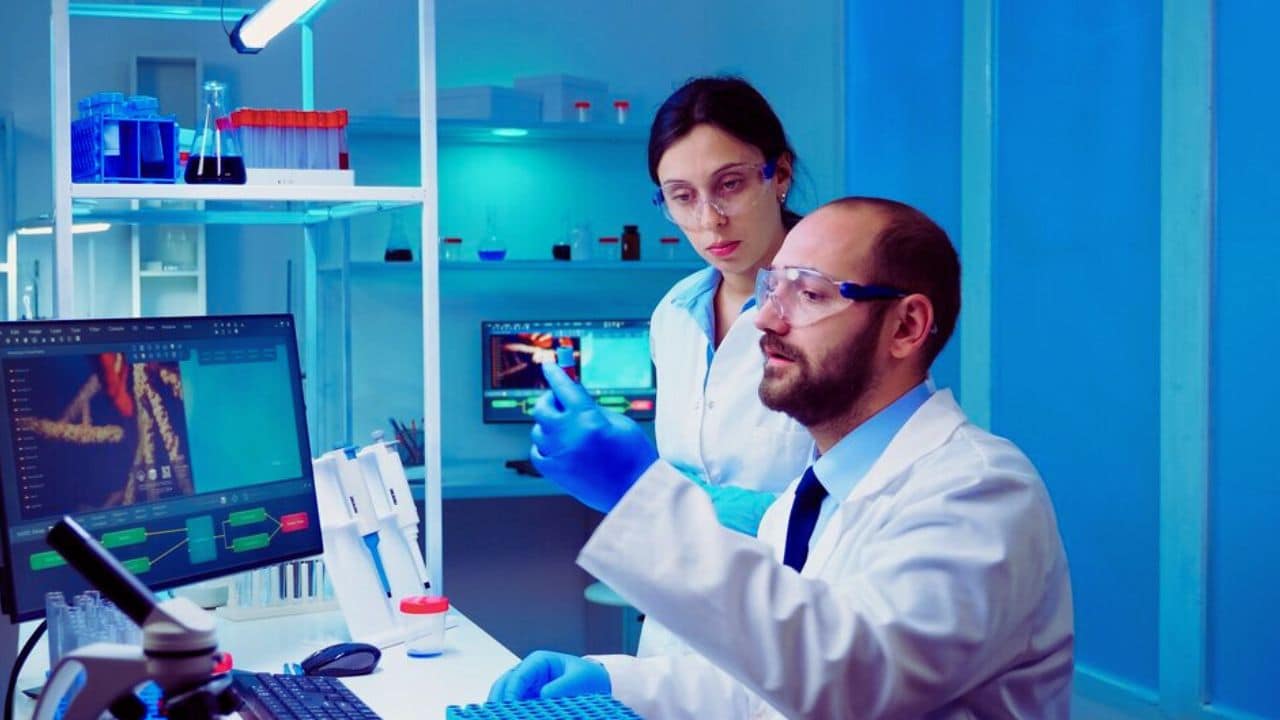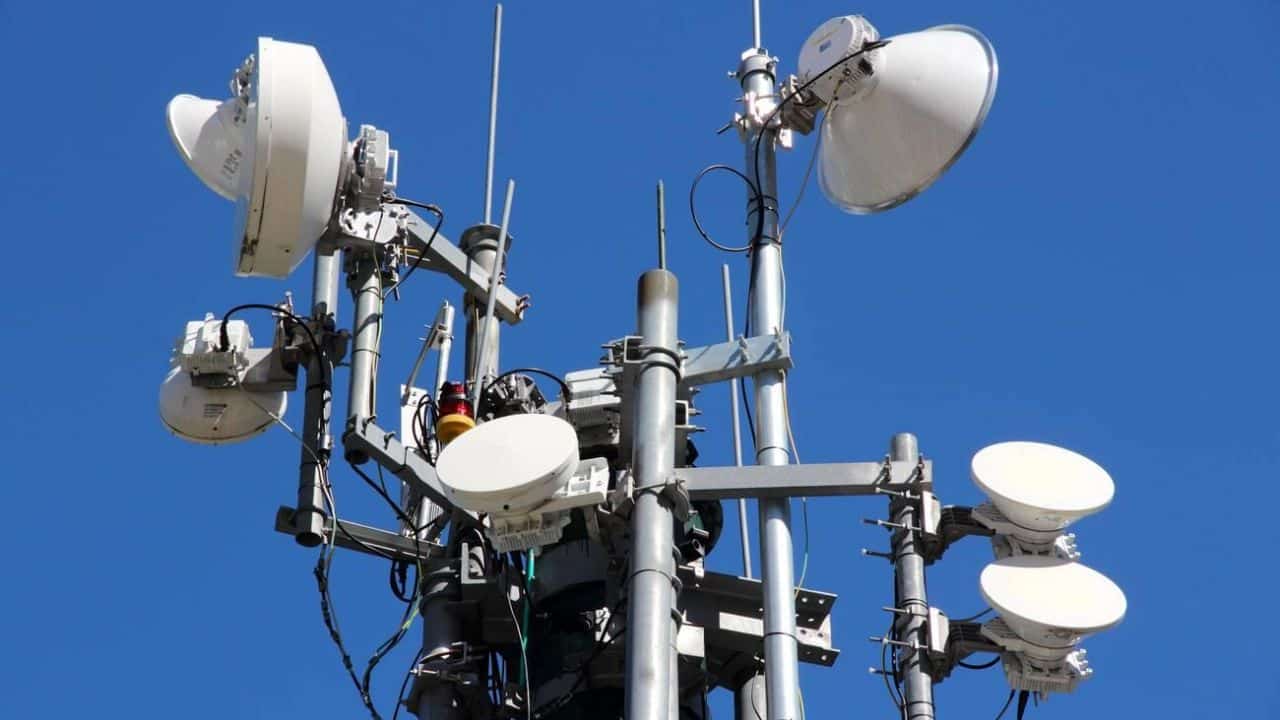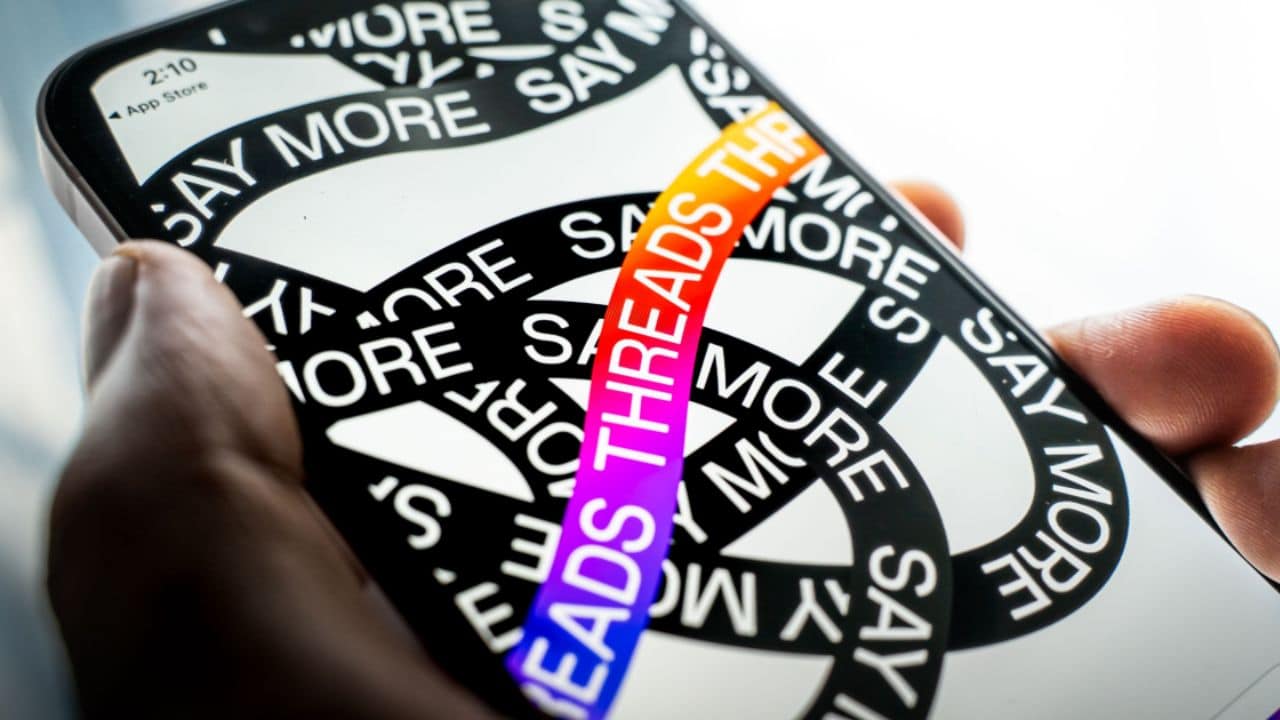All police officers need to be physically and mentally healthy enough to cope with the stresses and pressure of the job, but this becomes even more important when taking on the long hours, complex challenges, and traumatic experiences that detectives must manage on a daily basis.
But while anyone can improve their physical fitness levels and learn coping strategies to cope with the mental and emotional toll of the job, the personal qualities and skills required to be a detective can be a bit more elusive. Here are nine essential qualities that a police detective should possess to maximize their chances of professional success.
-
Good academic credentials
A police officer who wants to progress to the position of detective needs to achieve at least a bachelor’s degree in a relevant field such as criminology, law enforcement, forensics, law, or a more specific topic such as a police studies degree. Some detectives go on to study for a master’s degree to further their education and career prospects even further. There are plenty of degrees and training courses that can be completed 100% online, enabling police officers to continue to work while studying in their free time.
-
Problem-solving skills
One of the key parts of a detective’s job is to solve problems and crimes by collating all the available information and evidence and interpreting it in the most logical manner. It can be a lot like solving a puzzle and requires a high level of critical thinking, persistence, and reasoning. They may have to read between the lines of vague pieces of information and use their intuition to draw conclusions that others could easily miss. Often, crimes are not easily solved, which is why police detectives need to thrive off the challenge rather than becoming frustrated by it.
- An inquisitive nature
For detectives, being curious and inquisitive is a natural part of life. They are always interested to learn more and to understand as much as they can about a topic or situation. Detectives will not accept the surface of a situation without taking the time to ask probing questions, ensuring that they have all the information available before jumping to conclusions. Investigation skills—while taught as part of police detective training, further education, and professional policing experience—also come more naturally to some people than others.
-
Observational skills
In addition to having a naturally inquisitive nature and investigation skills, a detective must also have keen observational skills. Detectives need to be hyperaware of their surroundings when working on a case, from noticing unusual evidence at a crime scene to perceiving odd behavior from a witness or suspect. What one person might not even notice in a crime scene or person, a detective could pick up on and use to direct their investigation. Reading body language and learning to spot signs of dishonesty such as facial expressions and non-verbal responses can be a game changer.
-
Communication skills
A detective needs to be confident and effective in their verbal and written communication, whether collaborating with colleagues or approaching strangers for information that may be pertinent to their investigations. This communication could range from presenting case information to other law enforcement offices or departments, writing emails or letters, liaising with witnesses, or interrogating suspects. Of course, in addition to being able to communicate, detectives also need to be active listeners to ensure they are able to question people more effectively in order to extract as much information as possible.
-
An excellent memory
Detectives have to analyze a lot of information and interact with lots of different people in their work, as well as ensuring their investigations are structured and documented in the most impactful way possible. This can be very difficult to do for someone who struggles to retain information or keep to a routine. To ensure that key information is not missed, detectives need to have an ironclad system for filing information as well as an excellent memory to ensure they can call on the right people and data at the right time.
-
A high level of integrity
Being an ethical and respectable detective is paramount, and it requires a high level of personal integrity and a commitment to the truth. Detectives have the lives of others in their hands when they are proving someone’s innocence or guilt, and they cannot let personal bias (or their own emotional attachments or beliefs) cloud their judgement. They must collate and record evidence accurately, investigate cases as thoroughly as possible, and always be honest about their findings. It is then the job of a judge or jury to decide the ultimate outcome on the basis of the evidence they have provided.
-
Awareness of cultural and societal issues
Human society is constantly evolving due to human evolution, technological advances, economic challenges, and the political landscape that we live in. It is not possible to be a detective if you are disconnected from the realities of the world and the problems faced by society, as you need to be able to understand and predict the behavior of the people within it. When detectives have a clear picture of the motivations and potential concerns of their fellow humans, they are more likely to be able to put themselves in their shoes during an investigation. The most effective detectives are not only aware of what’s going on in society and cultural affairs, but they are also involved in them, too.
-
A sociable and likeable personality
A detective interacts not only with colleagues on a daily basis, but also with members of the public from just about every background. Their ability to build a rapport with new people and to make them feel comfortable enough to share information is a key skill. Detectives that are charismatic, supportive, professional, likeable (at least on the surface), and will find it easier to gather information from a range of sources. Detectives who are engaged with their local community and able to maintain relationships will find that when they need information on a case, they will have a much more willing source of information to draw from.
Apart from this, you can also read Entertainment, Tech, and Health-related articles here: Bollyshare, Samsung Galaxy F22 Review, 1616 Angel Number, 444 Angel Number, Moviezwap, Y8, Jalshamoviez, Website traffic checker, Project Free TV, Kickassanime, 777 Angel Number, September 8 Zodiac, Kissasian, 666 Angel Number, 333 Angel Number, Holiday Season, Samsung Galaxy Z Flip 3 review, PUBG Launch Date in India, Sears Credit Card, GoDaddy Email, Free Fire Redeem Code, Mangago, Jio Rockers, New iPhone 13, Vivo Y53s Review, Eye Shapes, M4uHD, Fever Dream, Moon water, iPhone Headphones, Spanish Movies, Hip dips, M4ufree, NBAstreams XYZ, CCleaner Browser review, Avocado Calories, Bear Grylls net worth, Rihanna net worth 2021, Highest Paid CEO, The 100 season 8, Sundar Pichai net worth, Grimes net worth, F95Zone, how to change Twitch name, Sherlock Season 5, Homeland Season 9.













































